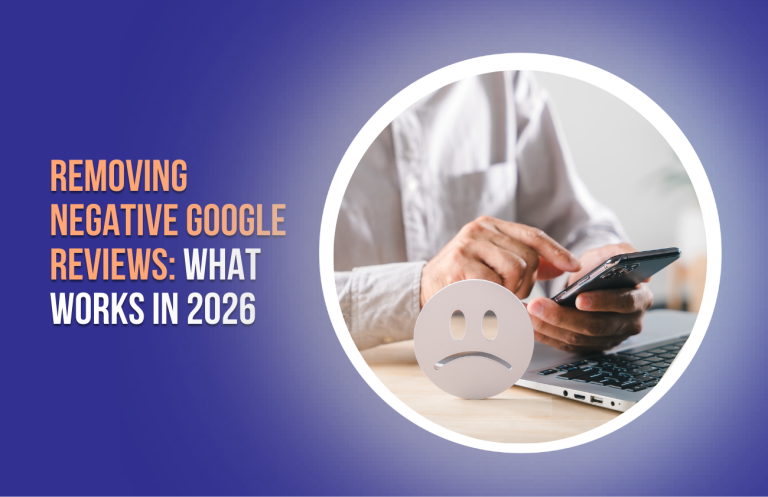The hospitality industry is at a crossroads. With new rules and regulatory actions targeting so-called “Hotel miscellaneous fees,” hotels are facing growing pressure to provide upfront transparency in pricing. While many consumers see these fees—such as resort, amenity, utility and destination fees—as a source of frustration, hotels have often relied on them as an important revenue stream.
Now, with the Federal Trade Commission’s (FTC) finalized Service Fees Rule taking effect on May 10, 2025, the way motels disclose these charges must change. Far from being only a compliance hurdle, this shift presents hotels with an opportunity: to transform transparency into stronger guest trust, better online reviews, and long-term loyalty.
The New Rule on Hotel Junk Fees: What It Means for Your Stay
The FTC’s Junk Fees Rule, finalized in 2025, directly impacts the lodging sector. Key points include:
- Mandatory upfront disclosure of all required fees for short-term lodging (including resort, amenity, and utility charges).
- End of “drip pricing” — hotels can no longer advertise artificially low base rates while tacking on fees later in the booking process.
- Civil penalties: non-compliance can result in fines of up to $51,744 per violation.
This federal push builds on state-level actions, like Texas’s $9.5 million settlement with Booking Holdings over deceptive pricing. Texas Attorney General Ken Paxton has also pursued similar cases with major hotel chains, signaling that enforcement will be multi-layered and ongoing.
Why Guests Care: Trust and Transparency
For consumers, the issue is simple: hidden fees erode trust. The FTC estimates that its new rule will save consumers $11 billion over the next decade by eliminating surprise charges across industries. In travel, this means guests will be better able to compare hotel prices at face value.
Hotels that adapt early to transparent pricing may see:
- Reduced guest frustration at check-in and check-out.
- Fewer negative reviews citing hidden charges.
- Higher booking conversion rates when guests feel fully informed.
Given how central online reviews are to booking decisions, this shift ties directly into online reputation management.
Hotel Reputation at Risk of Non-Compliance
When guests feel misled, they don’t just complain at the front desk—they leave reviews on platforms like Google, TripAdvisor, Yelp, and OTAs. These reviews can significantly influence future bookings.
Hidden Hotel Charges(hotel junk fees)-related review complaints include:
- “The advertised price wasn’t what I actually paid.”
- “Resort fee was hidden until the final step.”
- “I didn’t even use any of the amenities included in the amenity fee.”
Negative patterns like these can drag down overall ratings, reduce visibility in search results, and weaken a hotel’s competitive position.
How Hotels Can Turn Transparency Into a Competitive Advantage
While compliance has a cost—such as updating booking systems, websites, and third-party listings—hotels that lean into transparency can come out ahead. Here’s how:
- Communicate clearly and upfront: Make fees visible on your website and OTAs in a way that avoids surprises.
- Use positive messaging: Instead of presenting fees as an afterthought, frame them around value (e.g., “Resort fee includes high-speed Wi-Fi, pool access, and fitness center”).
- Train staff on consistent language: Ensure that all touchpoints—reservations, front desk, call centers—explain fees in the same way.
- Proactively manage reviews: When fee-related complaints arise, respond with empathy and clarity to rebuild trust.
- Highlight transparency in marketing: Make “no surprises” a selling point for your hotel.
By embracing transparency, hotels can not only protect themselves from fines but also differentiate their brand in a crowded market.
Long-Term Impacts: Reputation and Guest Loyalty
The FTC crackdown is forcing the entire travel industry—including OTAs, airlines, and hotels—into a new era of accountability. While some operators worry about shrinking margins, the alternative—loss of guest trust and reputational damage—poses an even greater risk.
Hotels that embrace transparency can expect long-term benefits:
- Stronger guest loyalty.
- Fewer disputes at check-in.
- More positive reviews highlighting fairness and honesty.
- Increased trust from both guests and partners.
Transparency isn’t just about compliance—it’s about building a reputation that lasts.
The Reputation Lab
At The Reputation Lab, we help hotels, restaurants, and service-based businesses navigate the challenges of today’s online landscape. From responding to reviews to monitoring guest feedback and implementing best practices, we specialize in turning reputation risks into opportunities for growth. By adapting early to the new transparency rules, your hotel can not only avoid regulatory penalties but also position itself as a leader in guest trust and satisfaction.






